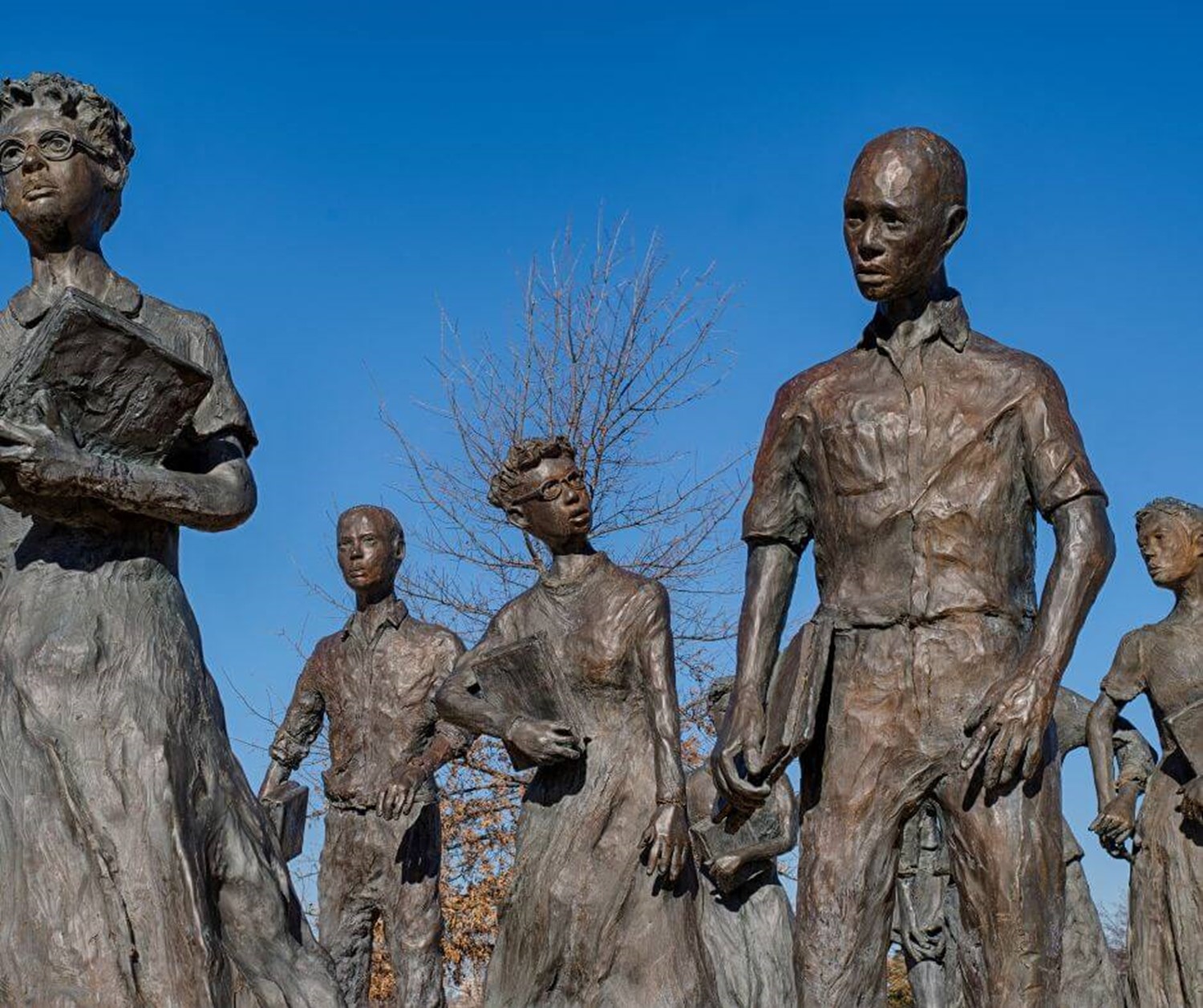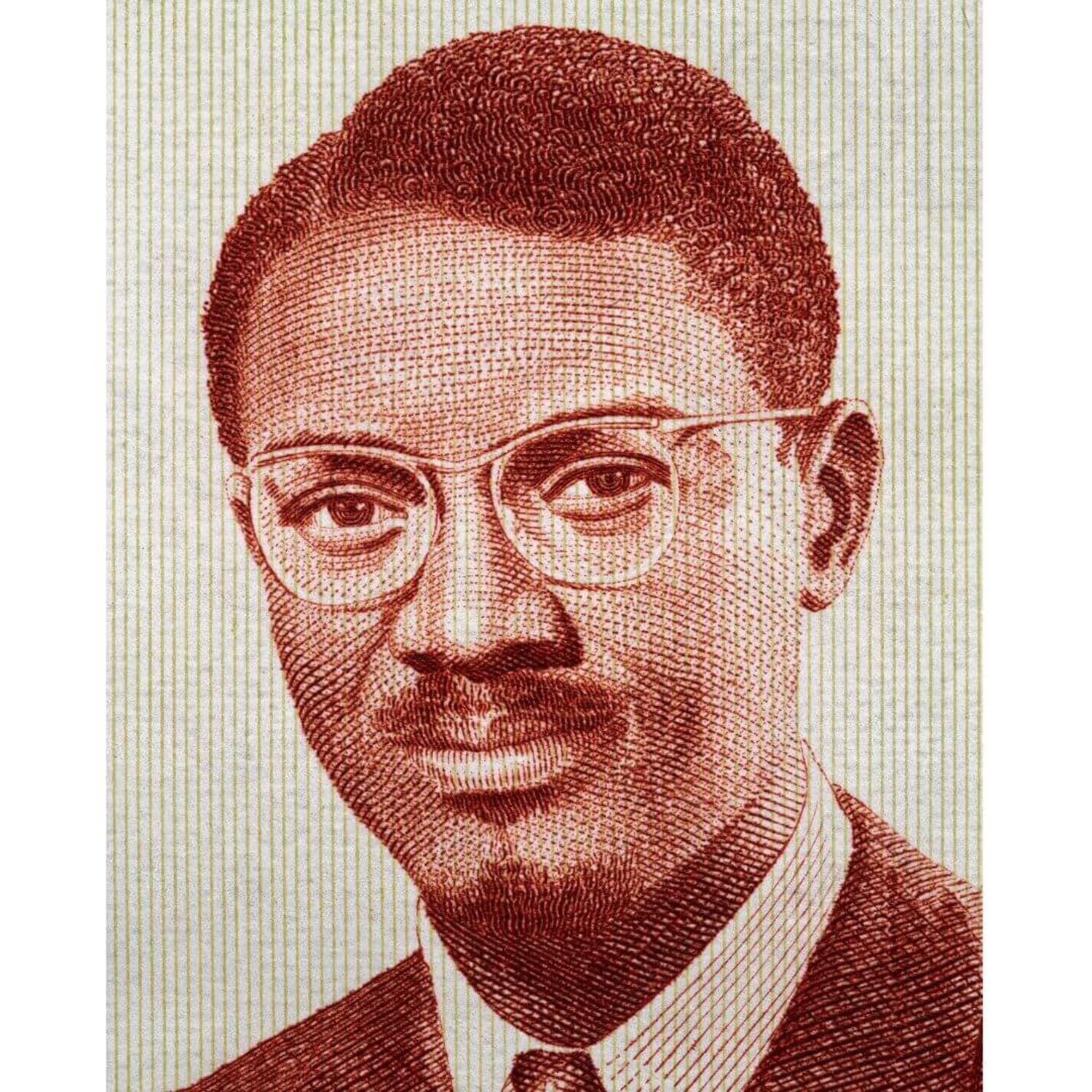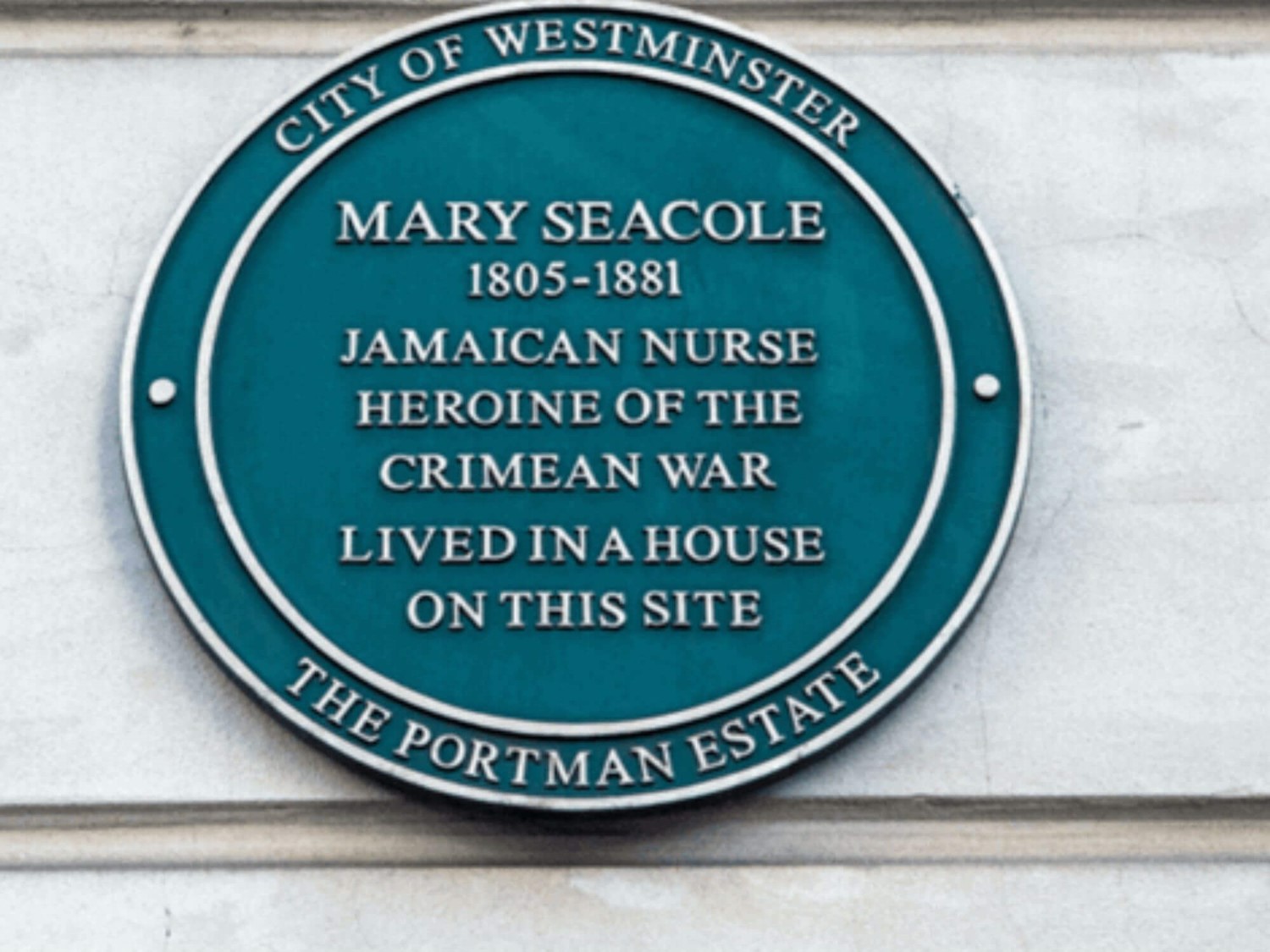We use necessary cookies to make our website work. We’d also like to set analytics cookies that help us make improvements to our website. For more detailed information about the cookies we use, read our Cookie Policy.

Black History Month 2022
Date Published: 05/10/2022
View all news stories"Traditionally, Black History Month in October has quite rightly celebrated key figures and events in Black history". This display features some significant people and events within Black history, and this year Blackhistorymonth.org.uk encourages people to go beyond that to 'recognise the achievements and contributions that Black people make to the UK every day';
"To get a better tomorrow, we can't just focus on the past. The past is in the past. We can acknowledge and learn from it, but to improve the future, we need action, not words. We need to come together around a shared common goal to achieve a better world for everyone.
This year's Black History Month in October is more important than ever. It's not just a month to celebrate the continued achievements and contributions of Black people to the UK and around the world. It's also a time for continued action to tackle racism, reclaim Black history, and ensure Black history is represented and celebrated all year round.
That's why we're encouraging people of all ages, from all walks of life, to share their stories. We're all making Black history, every day and we deserve to share and celebrate our stories. You don't need to be a journalist or a writer to get involved. Just tell us what's important to you - whether it's a story from your own life or community, your thoughts on a topical issue, a little known person or event that deserves celebrating, or anything connected to Black history, heritage and culture - past, present or future.
People are welcome to share their stories and experiences via letter, email or social media, including video and audio clips to editor@blackhistorymonth.org.uk"

School segregation and the Little Rock Nine
Slavery in the United States was finally abolished in 1863, after almost 300 years. People fought long and hard to end slavery, but many people still supported it. Lots of people said it was necessary for the economy and didn't want it to end.
After slavery 'ended', life was still incredibly difficult for Black people in America. They were treated as second-class citizens. In 1954, a Supreme Court ruling declared segregation in public schools unconstitutional. Until this ruling, many states across the nation had mandatory segregation laws, requiring African American and white children to attend separate schools. Because there was so much resistance to the ruling, the Supreme Court issued a second decision in 1955. It ordered school districts to integrate "with all deliberate speed".
Despite the virulent opposition, a group of nine Black students, the 'Little Rock Nine', enrolled at formerly all-white Central High School in Little Rock in September 1957. Their attendance at the school was a test of the Supreme Court ruling. The NAACP helped them prepare. The students knew it would be difficult but they were determined to go to school.
September 4, 1957 was the first day of classes at Central High. Governor Orval Faubus called in the Arkansas National Guard to block the Black students' entry into the high school. Later that month, President Dwight D. Eisenhower sent in federal troops to escort the Little Rock Nine into the school. With a hostile white crowd outside shouting and throwing stones, the students entered the school for their first day. It drew national attention to the civil rights movement. The group soon became famous as the Little Rock Nine.

Patrice Lumumba
Patrice Lumumba was the first prime minister of what is now the Democratic Republic of the Congo, a country in Central Africa. He was elected when the Congo won independence from Belgium in 1960. During the 1884 Berlin Conference, European countries divided Africa between them and by 1900, 90% of Africa was colonised. The Congo was colonised by both Belgium the country and the Belgian king, King Leopold II, separately.
During this colonisation, the people of the Congo were forced to work and died from the terrible working conditions, disease and torture. Many historians believe 10 million people, including children, died. Gold, copper and uranium, were among the natural resources that the Belgian colonisers extracted from the Congo.
The people of the Congo were not silent of course and fought this violence from the beginning. This included armed resistance across the country, and Congolese anti-colonial religious groups. Lumumba was an important person in this fight in the Congo and across Africa. He started the political party, the Congo National Movement. Resistance continued until independence was won. Lumumba gave an important speech when the Congo won independence and said 'our beloved country's future is now in the hands of its own people'. He also reminded everyone that Belgium did not give the Congo independence but that the Congolese people fought for it.
He worked to rebuild the Congo after independence, but Belgium continued to intervene in the Congo and supported groups in the Congo that were against Lumumba. Belgium, the US and the UK did not like Lumumba. Six months after independence, Lumumba was captured, tortured and killed. This made many people across Africa - and the world - protest. Lumumba was a symbol of hope and independence for them. Years later it was found that Belgium, the US and possibly the UK were involved in the murder of Lumumba.

Mary Seacole
Nurse Mary Seacole was born in Jamaica to a Black woman and Scottish army officer. She travelled to Britain in 1864 upon hearing of the plight faced by British soldiers fighting in the Crimean War.
Mary pleaded with the army office to send her to the front, but she was refused, due to her colour. Not one to be held back by adversity, she raised the funds herself and travelled to the Crimean Peninsula, where she set up the British Hotel. Here, she nursed British soldiers and provided them with essential supplies such as food and medicine. She even treated soldiers on the battlefield and became known as "Mother Seacole".
Like many Black figures from history, Mary's work was largely forgotten following her death. However, various campaigns have led to a resurgence of interest in her life and today, she's rightly recognised as one of the most important figures in Black British history.
Source: http://blogs.brad.ac.uk/bradford-life/5-inspirational-black-people-who-shaped-british-history/
E-newsletter sign up
Fill out the form below to sign up to receive our emails. You’ll get the latest news, events and new courses.
